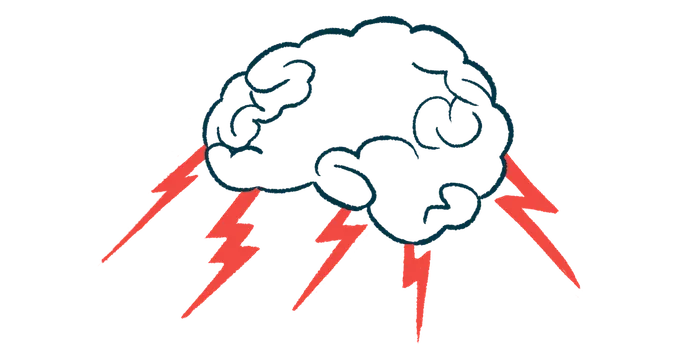
Groundbreaking Study suggests Deep Brain Stimulation Could Reverse Inflammation in Parkinson’s Disease
2024-12-26
Author: Li
Groundbreaking Study suggests Deep Brain Stimulation Could Reverse Inflammation in Parkinson’s Disease
A new study from researchers in Germany suggests that deep brain stimulation (DBS), a surgical procedure involving the implantation of an electrode in the brain, may hold significant promise in reversing inflammation, a crucial factor in the progression of Parkinson’s disease. This groundbreaking research highlights an intriguing potential for DBS to alter the course of the disease, which traditionally has been viewed as progressive and irreversible.
According to the team, “Deep brain stimulation halts inflammatory changes in Parkinson’s disease,” although they emphasize the need for additional research to fully understand how this procedure leads to anti-inflammatory effects. The findings reveal concerning trends among Parkinson’s patients, specifically that they commonly exhibit lower levels of lymphocytes, essential immune cells linked to both the primary motor symptoms of the disease and future symptom development.
Published in the esteemed journal Brain, Behavior, and Immunity, the study titled “Deep brain stimulation halts Parkinson’s disease-related immune dysregulation in the brain and peripheral blood” underscores the complex relationship between inflammation and Parkinson’s.
Inflammation, a vital immune response to infections, can become problematic when it occurs abnormally in the brain. This study sheds light on how these inflammatory processes contribute to the onset and exacerbation of Parkinson’s disease symptoms.
To delve deeper into the connection between inflammation and Parkinson's, researchers from the University Hospital of Würzburg in Germany, along with their counterparts at the Krembil Research Institute in Canada, analyzed data from the Parkinson’s Progression Marker Initiative (PPMI). Sponsored by The Michael J. Fox Foundation, PPMI is a comprehensive study aimed at tracking outcomes in Parkinson’s patients.
The research team noted that individuals with Parkinson’s generally had lower lymphocyte levels compared to those without the disease, which correlated not only with motor symptoms but also served as a predictor for motor symptom development over time. “These findings indicate that lymphocyte levels can be a reliable biomarker for the future clinical progression of Parkinson's,” the scientists commented.
Additionally, their analysis of patients revealed a notable difference between those who underwent deep brain stimulation and those who did not. Patients with DBS exhibited higher lymphocyte counts, prompting researchers to investigate further. Blood samples from another group of Parkinson’s patients showed that those without DBS had an imbalance in T-cell populations, characterized by an excess of pro-inflammatory Th17 cells and a shortage of regulatory T-cells (Tregs), which help suppress inflammation.
Conversely, patients who had received DBS demonstrated a decrease in Th17 cells alongside an increase in Tregs, suggesting that DBS may indeed reverse the detrimental pro-inflammatory immune activity associated with Parkinson's.
To validate their findings, the researchers conducted experiments using a rat model of Parkinson’s disease, which revealed that DBS effectively reduced neuroinflammation, supporting the notion that DBS could dampen inflammatory processes affecting those with Parkinson’s.
While the mechanisms behind immune dysregulation in Parkinson’s remain unclear, understanding these processes holds the key to developing new therapeutic strategies. The research team underscores the urgent need for continued investigation to unlock the path to innovative treatments that could transform the lives of millions affected by this neurodegenerative disorder.
As this field of study continues to evolve, patients and their families can remain hopeful for advancements that may not only manage symptoms but potentially alter the disease's trajectory entirely.



 Brasil (PT)
Brasil (PT)
 Canada (EN)
Canada (EN)
 Chile (ES)
Chile (ES)
 España (ES)
España (ES)
 France (FR)
France (FR)
 Hong Kong (EN)
Hong Kong (EN)
 Italia (IT)
Italia (IT)
 日本 (JA)
日本 (JA)
 Magyarország (HU)
Magyarország (HU)
 Norge (NO)
Norge (NO)
 Polska (PL)
Polska (PL)
 Schweiz (DE)
Schweiz (DE)
 Singapore (EN)
Singapore (EN)
 Sverige (SV)
Sverige (SV)
 Suomi (FI)
Suomi (FI)
 Türkiye (TR)
Türkiye (TR)